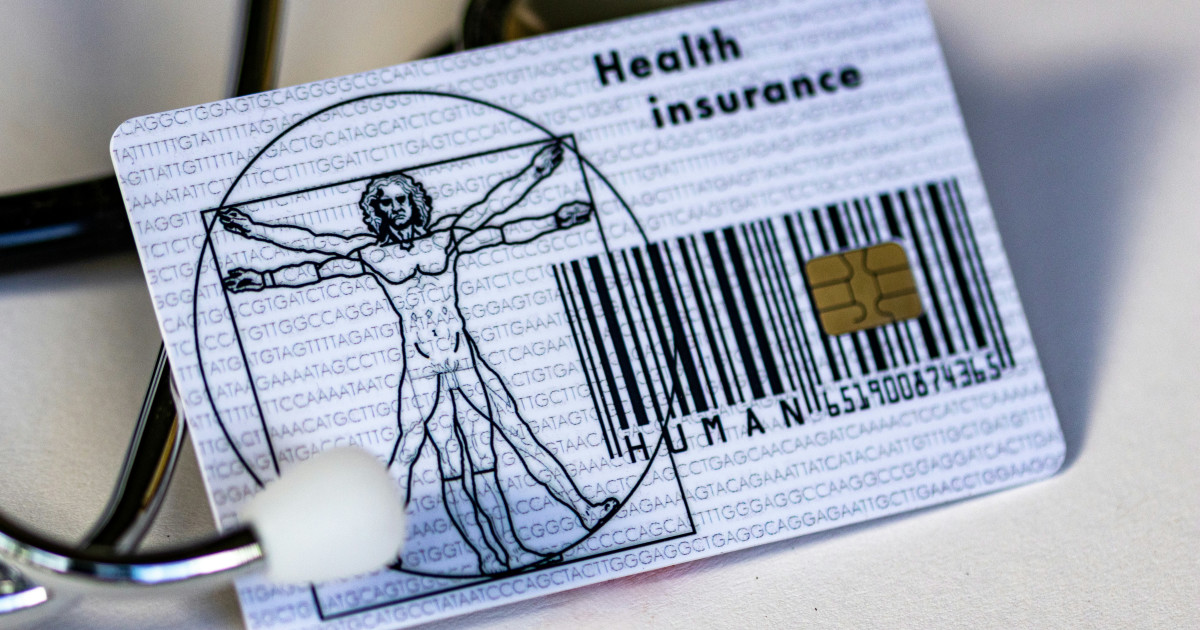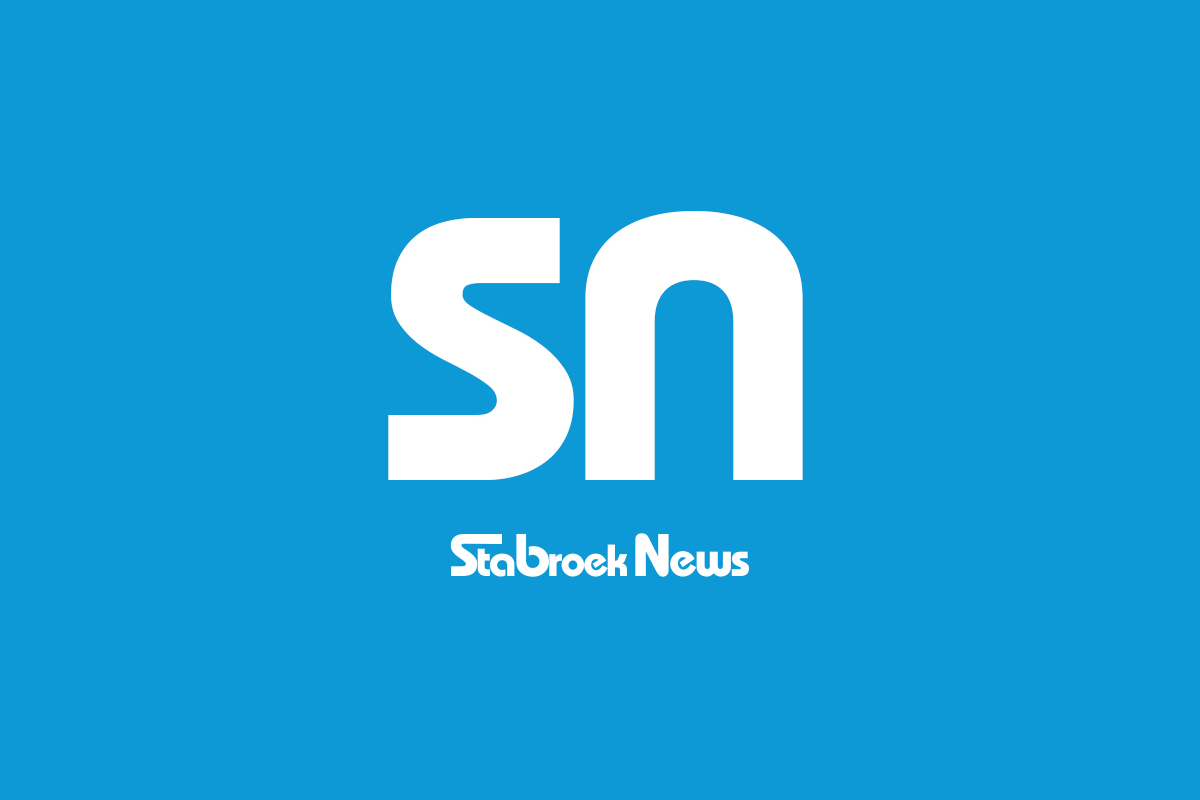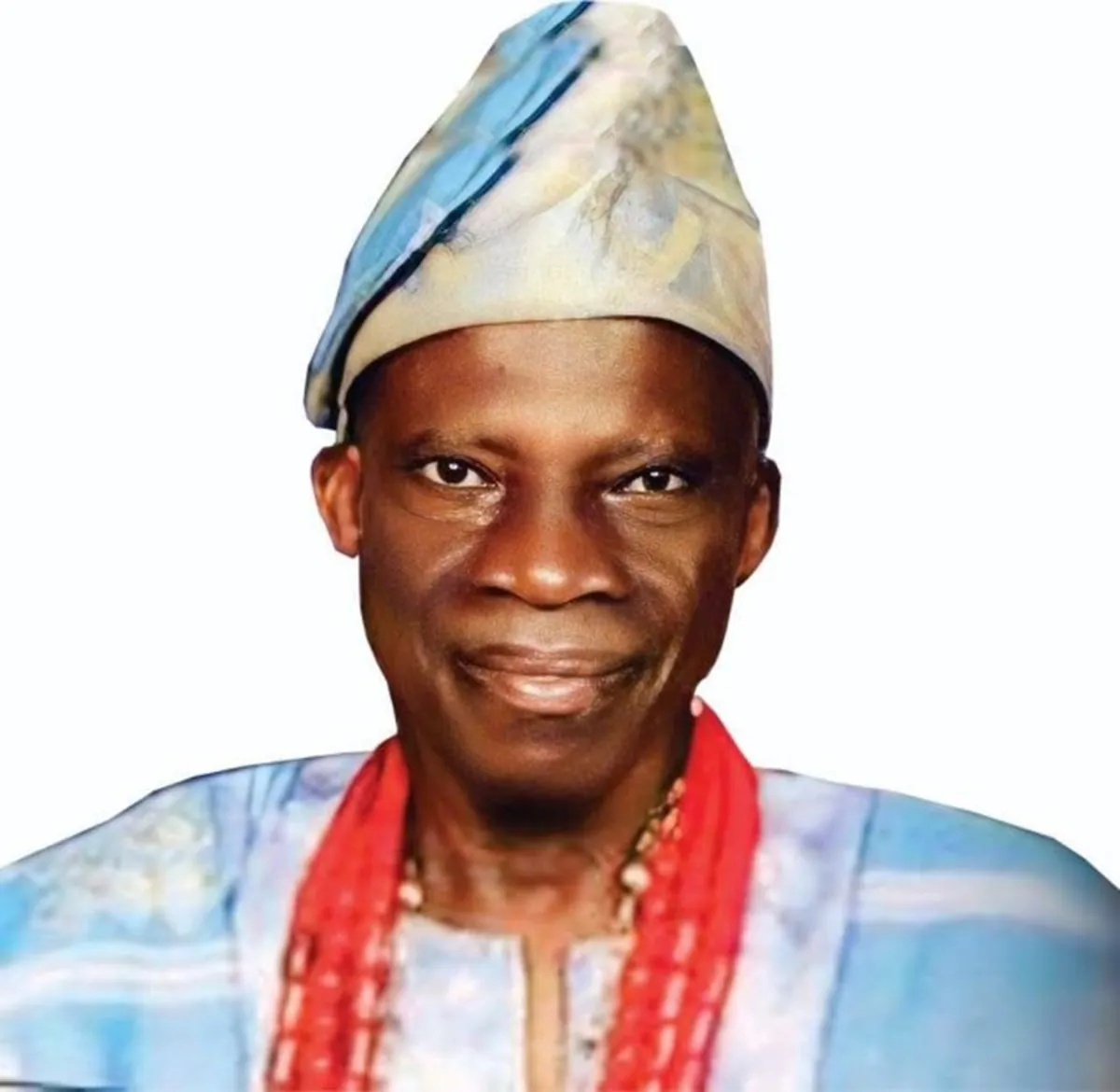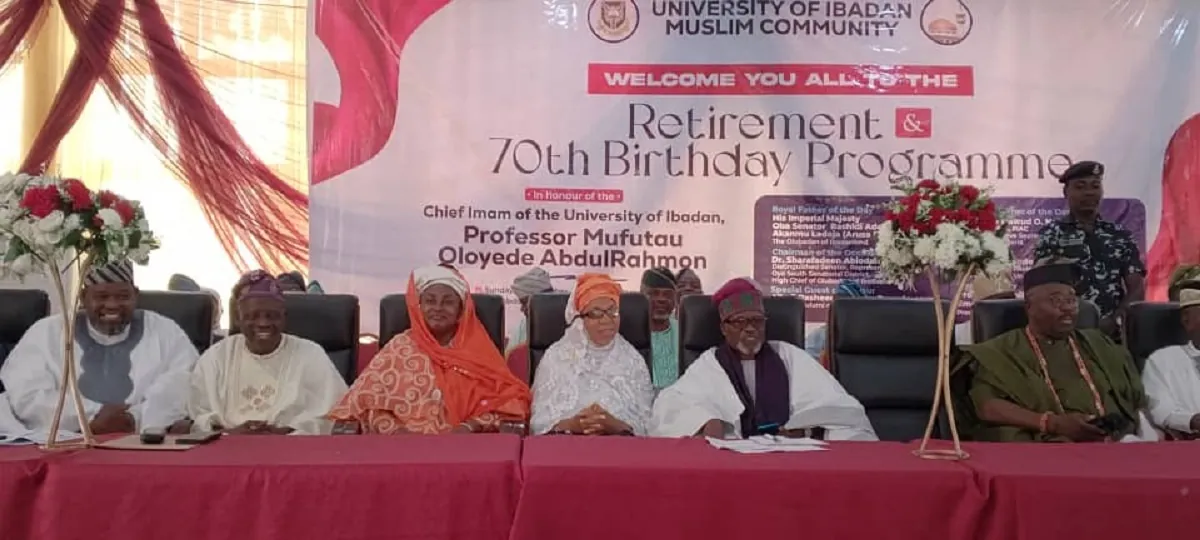Copyright Newsweek
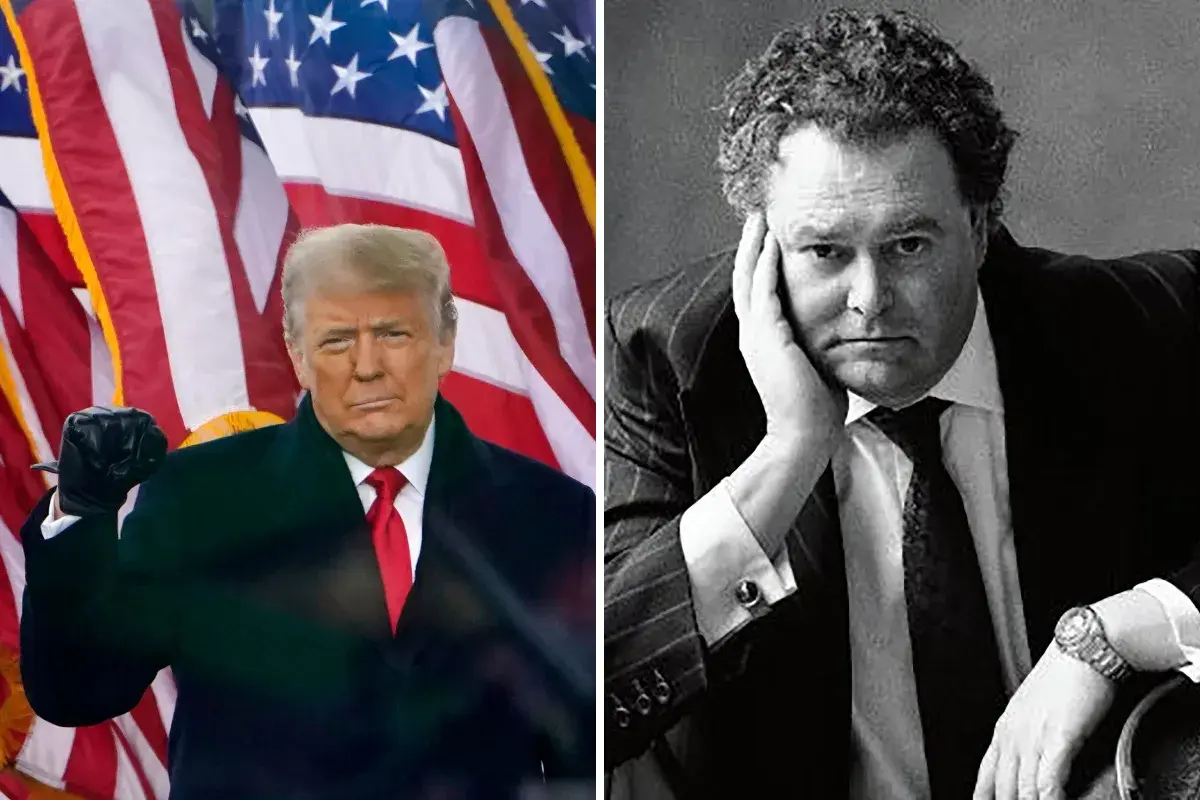
President Donald Trump’s threatened $1 billion lawsuit against the BBC over an edited broadcast of his January 6, 2021, speech would confront formidable legal obstacles, according to Mark Stephens CBE, a leading international media lawyer. In an exclusive interview with Newsweek, Stephens said Trump’s claim "isn’t the legal hill to die on—it might just as well be a legal cliff edge, and if he jumps, he’s going to fall and lose the gains." Why It Matters Trump’s threat to sue the BBC over its Panorama documentary extends far beyond a single disputed edit. The confrontation raises fundamental questions about the limits of press freedom, the reach of U.S. defamation law, and the ability of political figures to challenge foreign media in American courts. Legal experts say the case could test how far cross-border journalism is protected from political retaliation—and, as media lawyer Mark Stephens argues, it may reveal as much about Trump’s use of litigation as a political weapon as it does about the BBC’s editorial accountability. What To Know Trump’s $1 Billion Threat and BBC Fallout Trump announced this week that he plans to sue the British public broadcaster, alleging its Panorama documentary Trump: A Second Chance? "defrauded the public" by editing his speech in a way that made it appear more incendiary. The program, aired in October 2024, spliced together remarks from different parts of the speech, including Trump’s call to "fight like hell." Trump’s remarks follow the resignations of the BBC’s Director General Tim Davie and head of news Deborah Turness, who stepped down this week after criticism over the way the Panorama program presented parts of Trump’s speech. BBC Chair Samir Shah has apologized for what he described as an "error of judgment," though the corporation maintains there was no intent to mislead. In an interview with Fox News’s The Ingraham Angle, recorded Monday and aired late Tuesday, Trump said he had an "obligation" to proceed with legal action. "Well, I guess I have to, you know, why not, because they defrauded the public, and they’ve admitted it," he said. "They actually changed my January 6 speech, which was a beautiful speech, which was a very calming speech, and they made it sound radical." Asked whether he would move forward with the lawsuit, Trump replied, "I think I have an obligation to do it, because you can’t allow people to do that." Jurisdiction and Geo-Restriction: A Legal Wall Mark Stephens CBE, a leading international media lawyer at Howard Kennedy LLP based in London, said that under British law, any attempt to sue in the United Kingdom is already out of time. "In the UK, his defamation claim is out of time. He had until midnight on October 27, 2025, to file, after which he can’t sue—it’s time-barred," he said. Britain’s one-year statute of limitations for libel cases would therefore prevent a domestic filing. Trump’s lawyers have indicated that the case would be brought in Florida, where he resides. In Florida, the statute of limitations for defamation (libel or slander) is two years from the date of first publication. But Stephens questioned whether U.S. courts would even have jurisdiction. "The problem is that Panorama wasn’t broadcast in the USA and the BBC iPlayer—the online streaming service—similar to Hulu—that lets UK viewers watch BBC programs on demand—isn’t legally available in the U.S. without a VPN; and that would prove to be a key issue in Trump’s potential lawsuit," he said. The program "was primarily available on BBC One in the UK and on BBC iPlayer, but, as BBC iPlayer is geo-restricted [meaning access to a website or streaming service is limited to users in specific countries or regions using a viewer’s IP address to detect their location and block anyone outside the approved area] and not legitimately available in the U.S. without using a VPN that bypasses those restrictions." This means Trump would struggle to prove that the Panorama program was "published" in the United States—a key jurisdictional hurdle for any defamation case filed in Florida. Stephens said Trump’s team would need to show that "the BBC intended to publish it in America." Without proof of official distribution, he added, "there would be no jurisdiction to hear a claim." He pointed out that "a consumer sitting in Florida can’t think less of Donald Trump about something they haven’t seen. And because he’s the claimant, he’ll have to prove it was officially available, not unofficially pirated via online uploads." Expanding on the jurisdiction issue, Burt Neuborne, the Norman Dorsen Professor of Civil Liberties and founding Legal Director of the Brennan Center for Justice at NYU Law School, said Trump would have to establish what’s known as "specific in personam jurisdiction" over the BBC in Florida. "Trump must establish some volitional affiliating activity making it fair and just to sue the BBC in Florida for the publication of the alleged libel," Neuborne told Newsweek. "As I understand it, the documentary aired only in Great Britain. Publication in Florida would rest primarily on secondary social media circulation by folks unconnected to the BBC." Neuborne noted that this was "a question of fact" regarding how widely the program actually circulated in Florida and "an open legal question" whether republication through social media could count toward minimum contacts. He cited two U.S. Supreme Court precedents: Keeton v. Hustler and Calder v. Jones that "found jurisdiction in both cases," concluding that "it’s not open and shut, but it’s possible that so-called long-arm jurisdiction exists in Florida." The 'Actual Malice' Test and the BBC’s Edited Footage Even if Trump could establish jurisdiction, Stephens said he would face a higher bar under U.S. defamation standards, which protect criticism of public figures unless it can be shown to have been made with "actual malice." "As a public figure—essentially the ultimate public figure, the president—the law protects inaccurate, unfair criticisms," Stephens said. "They don’t have the right to sue unless they can prove there was actual malice, that the BBC deliberately set out to tell a lie." U.S. media law experts agree that Trump’s case would face steep hurdles. "There are steep hurdles in U.S. defamation law," said George Freeman, executive director of the Media Law Resource Center in New York. "A plaintiff must prove falsity, harm, and actual malice. All of them create some difficulties." Burt Neuborne elaborated that the BBC’s editing of Trump’s speech could be tested under the Masson v. The New Yorker (1991) standard, which defines when altered quotations become defamatory. "My understanding is that BBC employees spliced portions of Trump’s January 6 speech to appear as a single narrative quote," he said to Newsweek. "The spliced portions are themselves literally accurate but were uttered as much as 90 minutes apart, with much material omitted. The tendency of the splicing is to increase the sense that Trump was inciting the audience to violence." Neuborne said that "splicing the two excerpts together to create the false appearance of a single narrative quote would constitute willful falsehood under New York Times v. Sullivan if the splicing ‘substantially altered’ the quote’s perceived meaning." He added that the BBC’s editing "might well satisfy the standard in Masson." However, Mark Stephens also noted that the legal process itself could expose Trump to damaging scrutiny. "A libel trial would, of necessity, put Trump’s January 6 conduct under the forensic microscope of lawyers," Stephens said. "The BBC would have to call witnesses, play the speech in full, and cite all of those judicial opinions branding his words as incitement." Such evidence, he argued, could lead to headlines declaring that "court finds Trump’s words were incendiary." Stephens added that the discovery process would open Trump’s actions on January 6 to renewed investigation. "All of that information would have to be made available in disclosure," he said. "The source of detail about what President Trump said, what others said, what the plans were—all of that will be picked over in excruciating detail." He made the distinction that "You’ve got a presidential speech full of false claims about widespread election fraud, which fueled anger and the sense of injustice among his supporters. I think identifying or placing the records of January 6 and that speech at the door of Panorama is a bit of a stretch," adding "It therefore becomes impossible, in my opinion, when you say Panorama’s meaning is reduced to the context of what they’ve done, and that was quite simply a program broadcast in the UK—not in the United States." More Politics Than Law For that reason, Stephens believes the lawsuit may be more about politics than law. "At the moment, Trump can say the BBC is fake media," he said. "From a PR perspective, he’s got the BBC on the back foot, and he’s taken a few heads—Davie and Turness. I think that’s the PR victory he needs to bank. He doesn’t need to get into the litigation." While Trump has previously used lawsuits to exert leverage over commercial media companies, Stephens said he lacks similar influence over Britain’s public broadcaster. "He doesn’t have that leverage over the BBC," he said. "This case is difficult for him—it’s not one that’s going to yield significant amounts of money. He’s won the PR war. He doesn’t need the legal battle." As the BBC faces a Friday deadline to respond to Trump’s lawyers, Stephens’s assessment is blunt: the legal path ahead for the president is narrow, steep, and unlikely to succeed. Early on Wednesday, a spokesperson for Donald Trump’s legal team said the BBC had "defamed President Trump by intentionally and deceitfully editing its documentary to interfere in the presidential election," adding that "President Trump will continue to hold accountable those who traffic in lies, deception, and fake news." What People Are Saying President Donald Trump on suing the BBC, said: “…they defrauded the public, and they’ve admitted it." Mark Stephens contrasting Trump's other lawsuits against media companies said: “…the claims that he took against, for example, ABC or CBS, where he had leverage over them—commercial leverage, because he could have sought commercial deals, mergers, that kind of thing—he doesn’t have that leverage over the BBC." Tim Davie, outgoing director general, told BBC staff: "We have to be very clear and stand up for our journalism. We must fight for it." What Happens Next The next stage in Donald Trump’s dispute with the BBC depends on whether the broadcaster meets a Friday deadline to retract and apologize for its Panorama documentary or face a $1 billion defamation suit in Florida. If filed, the case would immediately confront legal obstacles over jurisdiction and the high "actual malice" standard required under U.S. law. Media lawyer Mark Stephens CBE said Trump would have to prove the program was officially available in America and that the BBC "deliberately set out to tell a lie." He warned that any trial would expose Trump’s January 6 conduct to renewed scrutiny, making the lawsuit "a legal cliff edge" rather than a winnable fight—one that could damage Trump more than the broadcaster.
